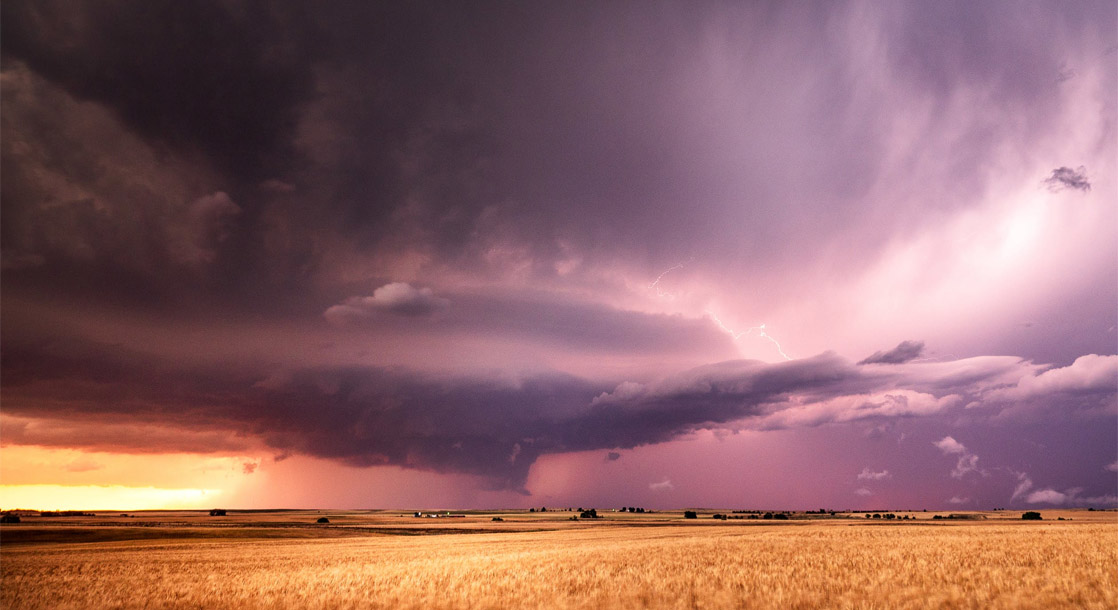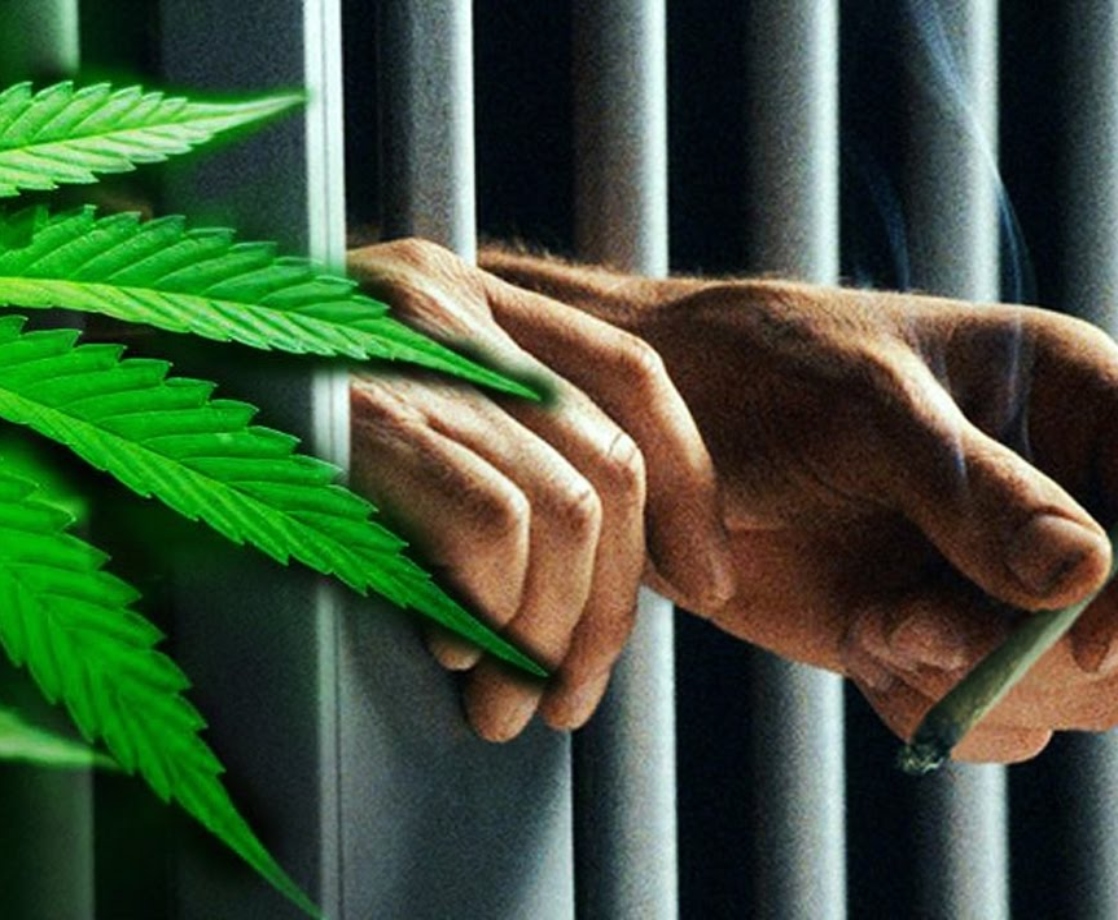Cover image via
Oklahoma’s medical marijuana industry may be one of the most successful legal weed markets in the entire country, but that success hasn’t stopped lawmakers from filing more than a hundred bills to restrict the program.
In 2018, Sooner State voters signed off on the most comprehensive medical pot law that the US had ever seen. Unlike other states that impose a strict list of qualifying conditions for patients, Oklahoma allows doctors to recommend cannabis as a treatment for any condition. The law also made it comparatively easy to open a legal weed business by doing away with the extreme licensing requirements found in most other states.
This law proved to be an immediate success, and the industry has been growing ever since. Over 375,000 people are currently enrolled in the program, the highest per capita rate of medical pot patients in the entire US. The state’s relaxed licensing laws have allowed more than 12,000 weed businesses to spring up to meet the demand. There are now 56 dispensaries for every 100,000 citizens, and one small town even has more dispensaries per capita than Denver.
Thanks to this progressive law, any adult who wants to buy legal weed in Oklahoma can do so without much effort. This unprecedented access to legal cannabis has enraged the state’s Republican leaders, though, and lawmakers have launched several attempts to restrict the program. Since the market began to explode, legislators have filed more than 100 cannabis-related bills, most of which are aimed at restricting the industry.
But while some politicians would love to cripple the industry or shut it down completely, others are simply trying to reign it in before it collapses on itself. The total number of medical cannabis businesses has grown by 404 percent since 2018, and as supply increases, the price of weed has been sinking. Now that the state has reached its saturation point, it is becoming more difficult for businesses to compete.
One of the bills currently being debated would attempt to resolve this issue by creating a two-year moratorium on new business licenses. This moratorium would not affect existing businesses, and state regulators would have the ability to lift the ban at any time. The bill’s sponsor, state Rep. Rusty Cornwell (R), told POLITICO that “the good players” in the industry are “fine with the moratorium … because they’re having a hard time doing legitimate business because of all the … bad actors in the industry.”
Lawmakers are also trying to target these bad actors directly with another bill that would increase penalties for businesses that divert their product to the black market. If this bill passed, state regulators would also be allowed to suspend the business license of any company that violates state laws.
These two bills, along with a third bill that would remove a tax exemption on cannabis-related business supplies, are currently advancing through the state legislature and will likely soon come up for a vote.
Meanwhile, state regulators are taking their own steps to clean up the industry. Last fall, the Oklahoma Medical Marijuana Authority (OMMA) announced plans to hire 40 new inspectors to run compliance checks on weed businesses. So far, regulators have only been able to inspect about 40 percent of the state’s 12,471 legal weed companies.
“You can pretty much do whatever you want with no fear that you’re going to get inspected,” said legalization advocate Chip Paul to POLITICO. “Our state is whistling Dixie and letting it all happen.”
The OMMA is also working to implement a seed-to-sale tracking system similar to those used in other medical marijuana states. This system would make it easier for law enforcement to track down businesses that are selling their wares on the black market. The implementation of this tracking system has been blocked by a legal challenge since last April, however.
Legal battles between conservative politicians and cannabis legalization advocates have become increasingly common, especially in the Midwest. Most notably, South Dakota overturned a voter-approved adult-use legalization measure over a legal technicality, and lawmakers are trying to restrict the state’s medical marijuana program. Mississippi also made an unsuccessful attempt to overturn a voter-approved medical marijuana law, and Nebraska and Florida have killed legalization initiatives before they could even come up for a vote.











